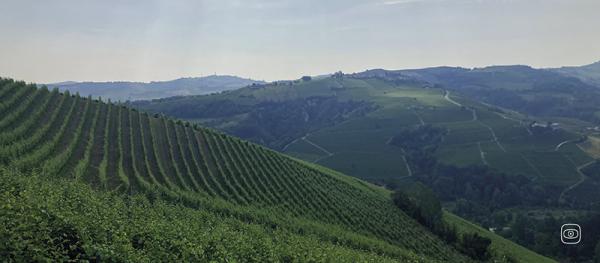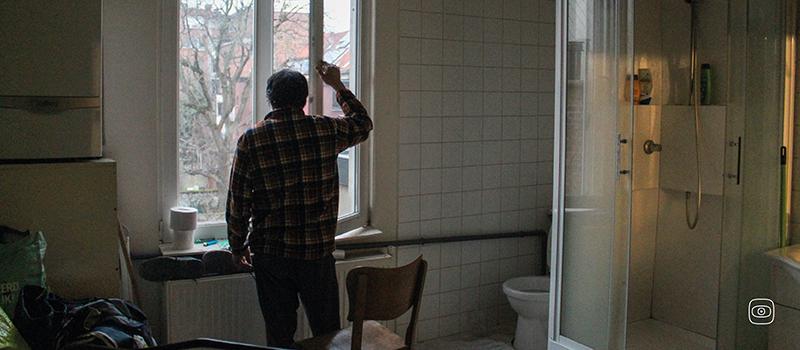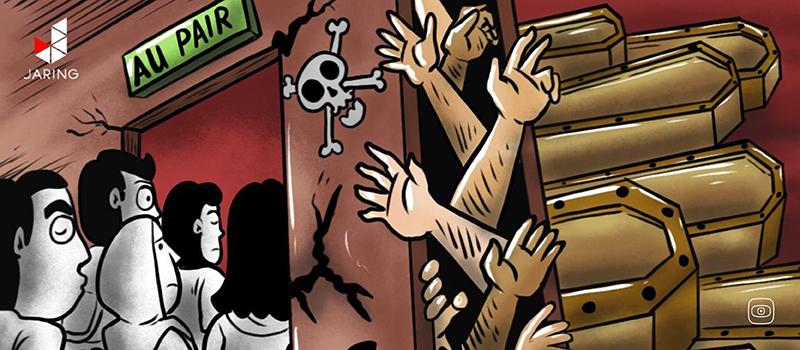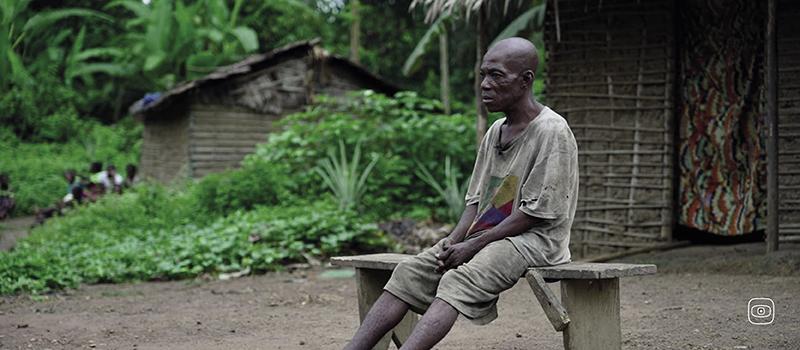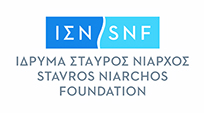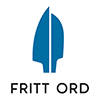
TUSCANY / ISLAMABAD - Most associate the Italian wine country — such as Tuscany, the Langhe and the Prosecco hills — with scenic vineyards where some of the world's most-renowned wine is made but, for many living and working under the Italian sun, the reality is far from idyllic.
For years, union activists in the wine industry have denounced the presence of caporalato, a type of exploitation specific to the agriculture sector where migrant workers are recruited by intermediaries, often other migrants, and are forced to work long hours, in inhumane conditions — often with little to no access to water — and for wages below the minimum. Dozens of caporalato cases have been investigated in recent years, but activists, lawyers and union workers believe this is just the tip of the iceberg. Unlike other sectors, caporalato in the winemaking industry has been much less investigated and exposed. This investigative project aims to uncover the reasons behind this phenomenon, while also exposing why and how many migrants and asylum seekers — many from Pakistan — end up working in near slavery conditions in some of Italy’s most picturesque vineyards.
Photo credit: Ottavia Spaggiari
ONLINE
- Migrant workers exploited, abused in Italy’s prized fine wine vineyards, Al Jazeera English, 19/03/2024
- Arbeidsmigranten uitgebuit in Italiaanse wijngaarden: ‘Soms gaven ze me water, soms niet’, Mondiaal Nieuws, 15/04/2024
need resources for your own investigative story?
Journalismfund Europe's flexible grants programmes enable journalists to produce relevant public interest stories with a European mind-set from international, national, and regional perspectives.
support independent cross-border investigative journalism
We rely on your support to continue the work that we do. Make a gift of any amount today.


